9 Brilliant Ways Japan Revolutionized Video Games Forever
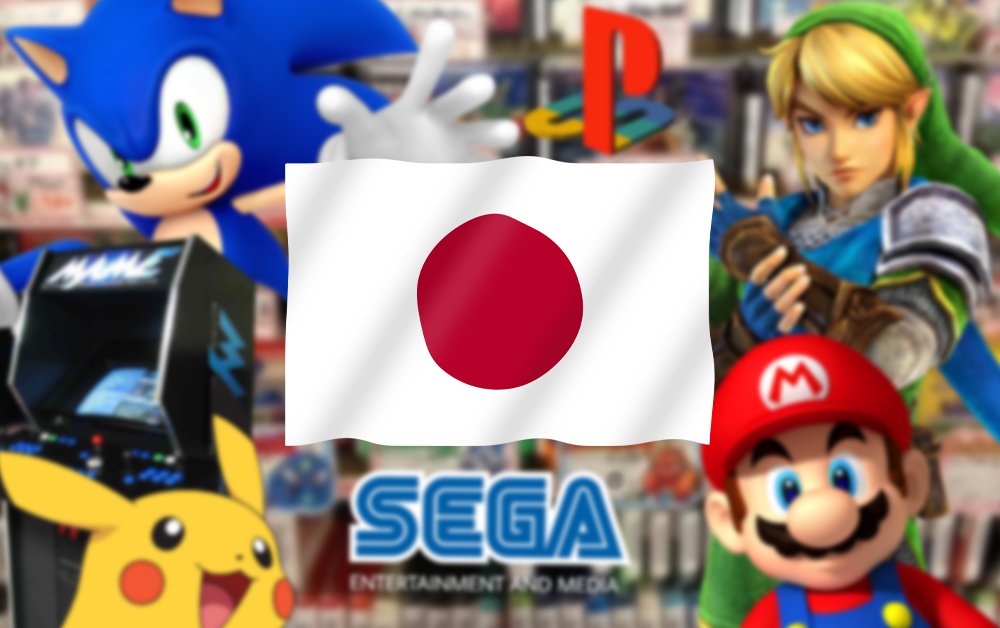
Video games wouldn’t be what they are today without Japan. Starting From The pixelated arcade cabinets and reaching open-world masterpieces, Japan has shaped gaming in ways that still influence the industry. Let’s dive into how Japan changed video games forever—and why we should be grateful for it.
Table Of Contents
- 1 1. The Birth of Console Gaming
- 2 2. Iconic Characters That Defined Gaming
- 3 3. RPGs: A Genre Perfected in Japan
- 4 4. Arcade Culture: Where It All Began
- 5 5. Innovations That Changed the Industry
- 6 6. Esports and Competitive Gaming
- 7 7. The Rise of Indie and Niche Genres
- 8 8. Japanese Game Soundtracks: The Unsung Heroes
- 9 9. The Future of Japanese Gaming
1. The Birth of Console Gaming
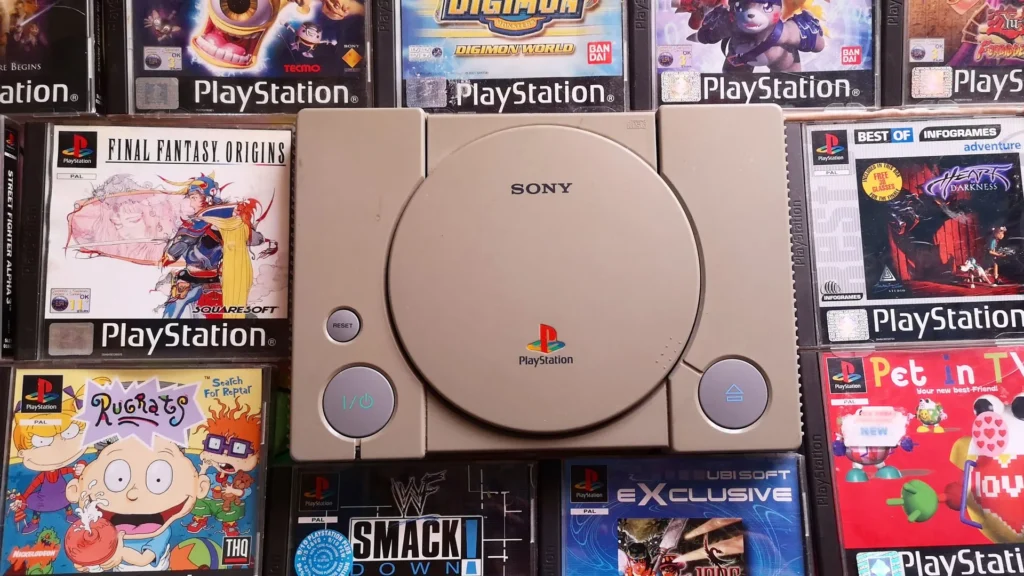
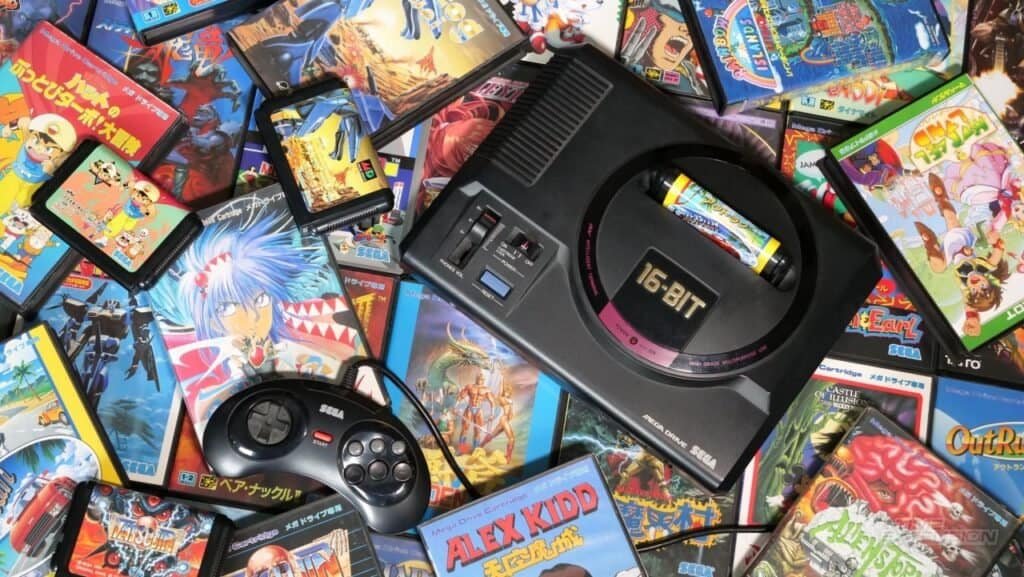
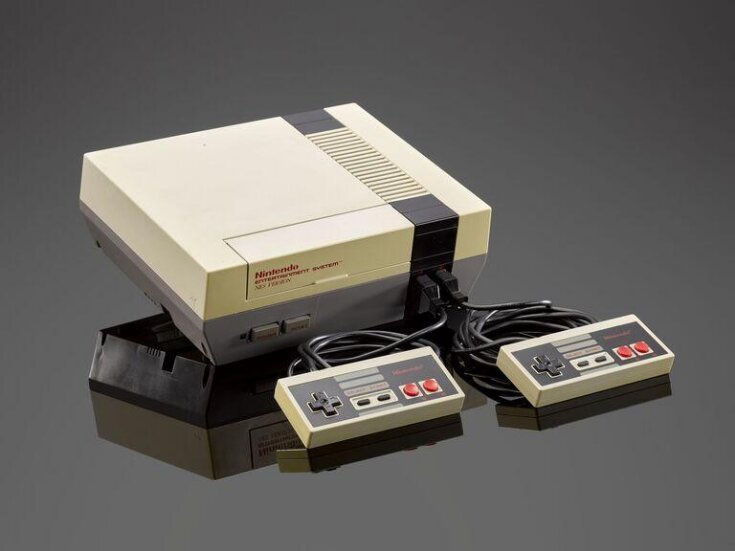
In the late ‘70s and early ‘80s, video games were mostly arcade-based. Then came Nintendo, SEGA, and Sony, who turned gaming into a home experience.
- Nintendo Entertainment System (NES) (1983) resurrected home gaming after the 1983 video game crash.
- SEGA Genesis (1988) introduced fierce competition and some of the first gaming mascots.
- Sony PlayStation (1994) revolutionized 3D gaming and cemented gaming as a mainstream entertainment form.
These companies didn’t just introduce hardware; they laid the foundation for how we experience video games. Nintendo’s family-friendly approach, SEGA’s edgy marketing, and Sony’s push for cinematic storytelling all shaped gaming culture. Without Japan, we might not have the PlayStation 5, the Nintendo Switch, or even the concept of home gaming as we know it.
2. Iconic Characters That Defined Gaming
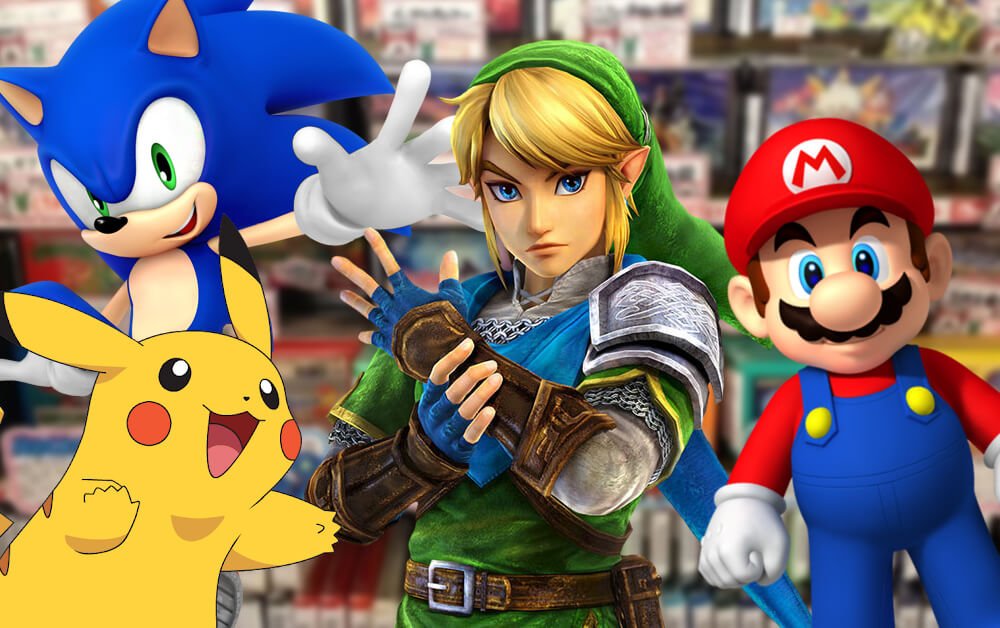
Some of gaming’s most legendary characters were born in Japan.
- Mario (Super Mario Bros.) – The mustached plumber who became gaming’s biggest icon.
- Link (The Legend of Zelda) – The hero of adventure games who defined exploration.
- Sonic (Sonic the Hedgehog) – The blue blur that brought speed and attitude to platformers.
- Pikachu (Pokémon) – A global phenomenon that turned video games into collectible culture.
These characters didn’t just sell games—they built entire franchises and fandoms that still thrive today. Many of them have evolved over time, adapting to new gaming trends while maintaining their original charm. Mario went from side-scrolling to open-world adventures, while Sonic embraced both 2D and 3D gameplay over the years.
3. RPGs: A Genre Perfected in Japan

Japan didn’t just create RPGs; they perfected them. Games like:
- Final Fantasy (1987) – Brought cinematic storytelling to gaming.
- Dragon Quest (1986) – Defined turn-based combat and quest-driven narratives.
- Pokémon (1996) – Made RPGs accessible to all ages and launched one of the biggest franchises in history.
- Persona series – Mixed RPG mechanics with life-sim elements, creating a unique blend of storytelling.
Japanese RPGs often focus on deep narratives, character development, and emotional storytelling. Many Western RPGs, like The Witcher and Mass Effect, draw inspiration from the rich storytelling of games like Final Fantasy and Persona.
4. Arcade Culture: Where It All Began
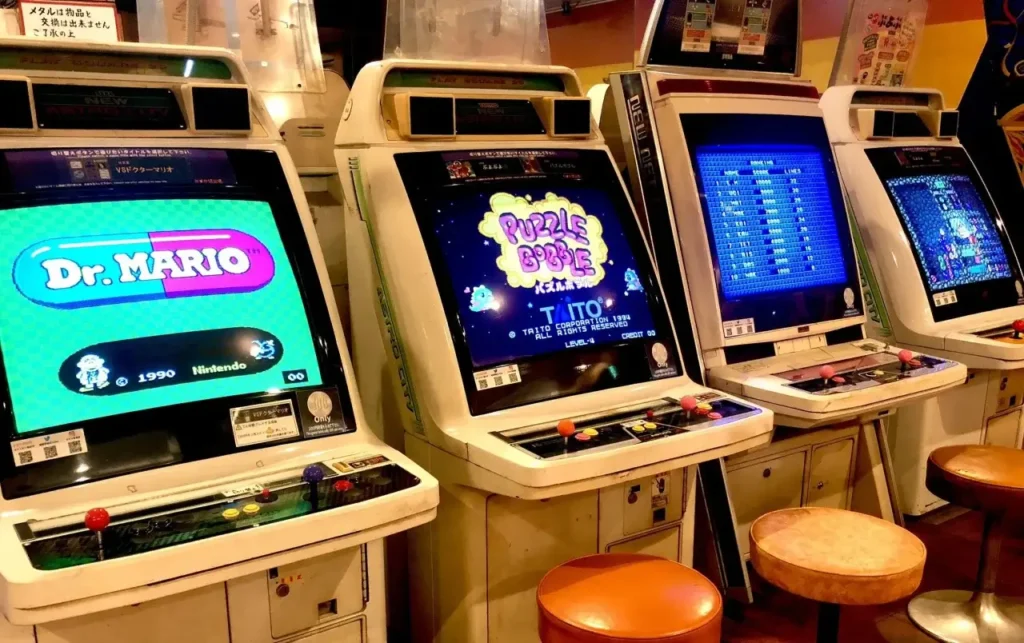
Before online multiplayer, gamers gathered in Japanese arcades to compete and socialize. Japan gave us:
- Street Fighter II – The foundation of competitive fighting games.
- Pac-Man – One of the most recognized video game characters ever.
- Dance Dance Revolution (DDR) – The birth of rhythm-based gaming.
- Bullet-hell shooters like Ikaruga – Which pushed skill-based gameplay to the extreme.
While arcades declined in many countries, Japan’s gaming halls remain vibrant and influential. Many modern fighting game tournaments still center around Japanese-developed titles, and rhythm games continue to have a dedicated fanbase worldwide.
5. Innovations That Changed the Industry
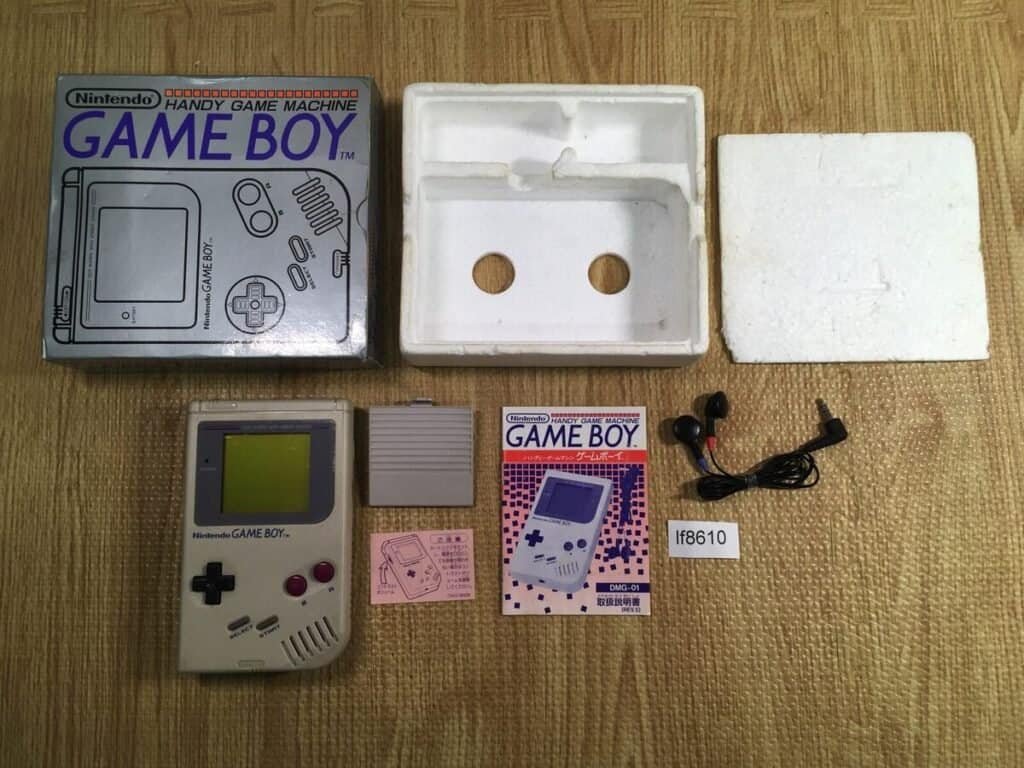
Japanese developers didn’t just make great games—they redefined how we play. Some groundbreaking innovations include:
- Save systems – Zelda’s battery-backed saves changed gaming forever.
- Open-world design – Games like The Legend of Zelda: Breath of the Wild set new standards.
- Motion controls – Nintendo Wii made gaming accessible to a wider audience.
- Portable gaming – The Game Boy (1989) and later the Nintendo DS & Switch shaped handheld gaming.
- Survival horror – Resident Evil (1996) defined an entire genre of tension-filled gameplay.
Japan has always been at the forefront of gaming innovation. From pioneering 3D graphics with the PlayStation to making gaming more accessible through the Wii, their influence is undeniable.
6. Esports and Competitive Gaming
Japan may not have pioneered modern esports, but it built the foundation. Games like Street Fighter, Tekken, and Super Smash Bros. became cornerstones of competitive gaming. Japanese developers perfected balance, mechanics, and depth—ensuring their games stayed competitive for decades.
Even today, fighting games are a staple in global esports tournaments like EVO. Titles like Splatoon and Pokémon are also finding their place in the competitive gaming scene, showing that Japan continues to shape the esports industry.
7. The Rise of Indie and Niche Genres
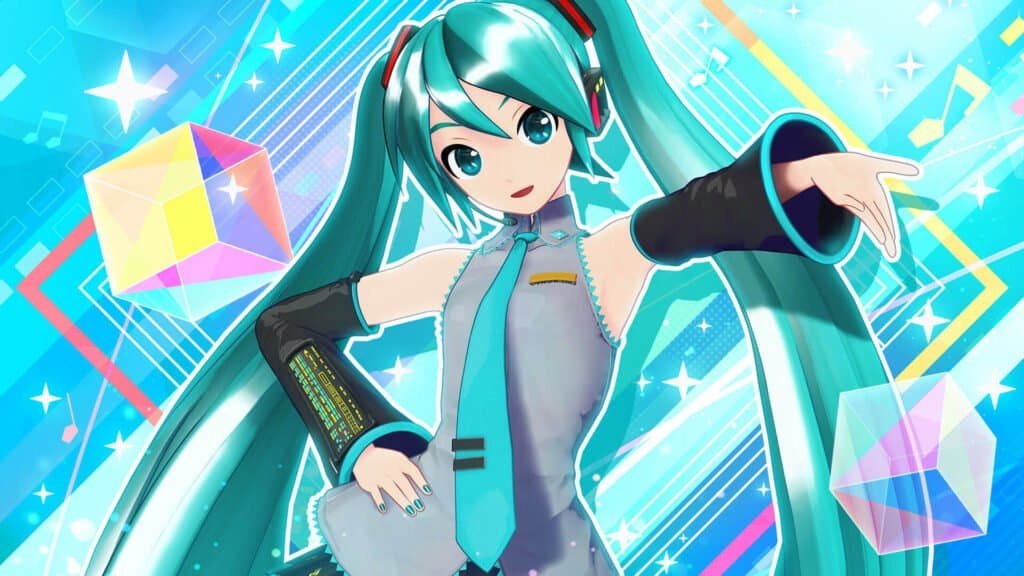
While Japan is famous for blockbuster franchises, it also introduced quirky, niche genres that found cult followings:
- Visual novels – Games like Danganronpa and Steins;Gate made storytelling interactive.
- Life sims – Animal Crossing, Harvest Moon, and Stardew Valley owe their roots to Japanese game design.
- Rhythm games – Hatsune Miku: Project DIVA and Beatmania inspired an entire genre.
Even indie developers today draw inspiration from these Japanese classics. Games like Hollow Knight, Stardew Valley, and Undertale all reflect the design philosophies of Japanese developers.
8. Japanese Game Soundtracks: The Unsung Heroes

One of Japan’s biggest contributions to gaming is its music. Some of the most legendary video game soundtracks come from Japanese composers:
- Koji Kondo (Super Mario, Zelda) – Created some of the most iconic melodies in gaming history.
- Nobuo Uematsu (Final Fantasy) – Known for his emotionally powerful orchestral compositions.
- Yoko Shimomura (Kingdom Hearts, Street Fighter II) – Mastered blending orchestral and electronic sounds.
These composers helped define gaming atmospheres, and their music continues to be performed in concerts worldwide.
9. The Future of Japanese Gaming
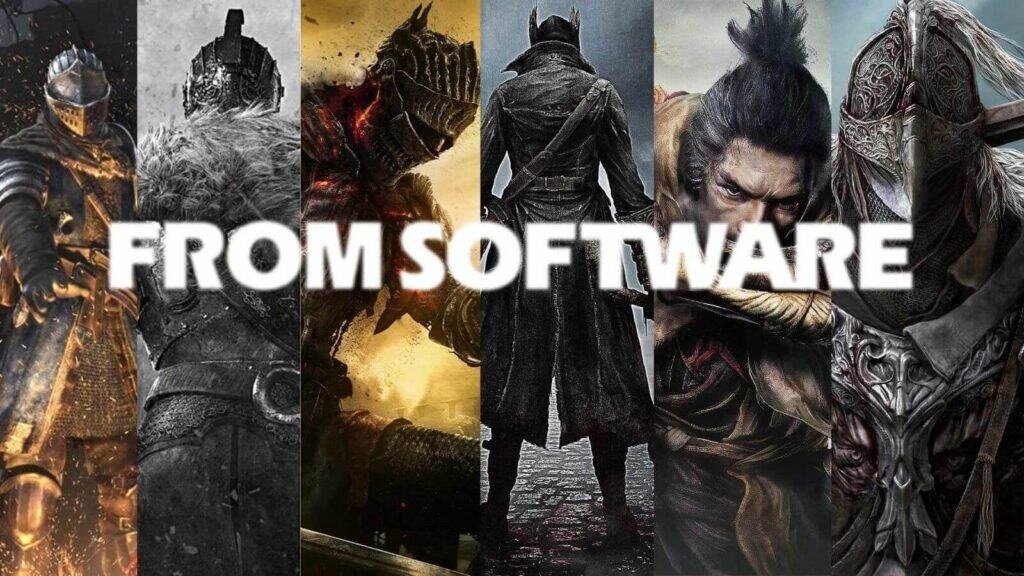
Even today, Japan continues to innovate:
- Elden Ring (FromSoftware) brought open-world design to Souls-like difficulty.
- Final Fantasy XVI shows that JRPGs can still evolve.
- Nintendo Switch proves hybrid gaming is here to stay.
- The resurgence of Capcom (Resident Evil, Monster Hunter) shows classic franchises can be reborn.
- The evolution of Yakuza (Like a Dragon series) – Blending RPG elements with a rich crime drama narrative.
With advancements in AI, VR, and cloud gaming, Japan is poised to keep shaping the gaming industry for years to come.
Conclusion
Japan didn’t just change video games—it shaped the industry into what it is today. From legendary characters to groundbreaking innovations, its influence is undeniable. Whether you’re playing on a PlayStation, exploring a Zelda dungeon, or catching Pokémon, you’re experiencing the legacy of Japanese gaming.
So next time you pick up a controller, remember—you have Japan to thank for a lot of it!
If you enjoyed reading please feel free to tell us your opinion in the comments below or contact us about suggestions and ideas and we will gladly reply, much love <3




